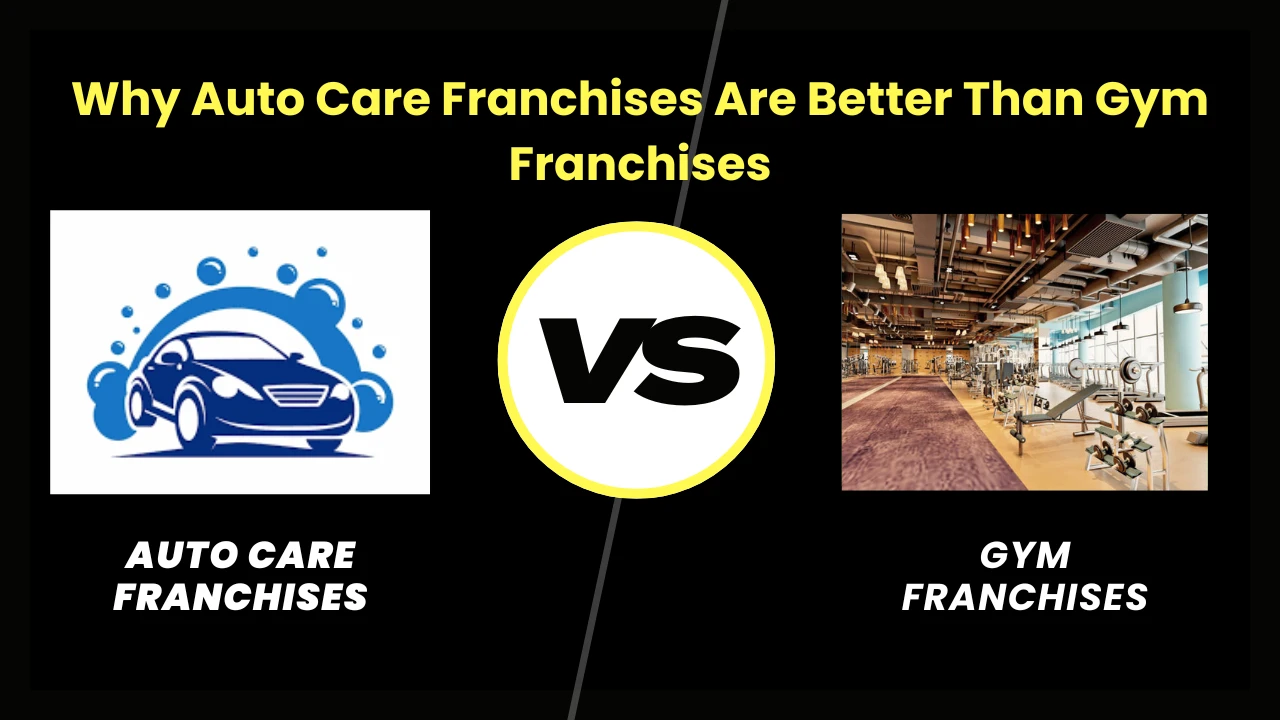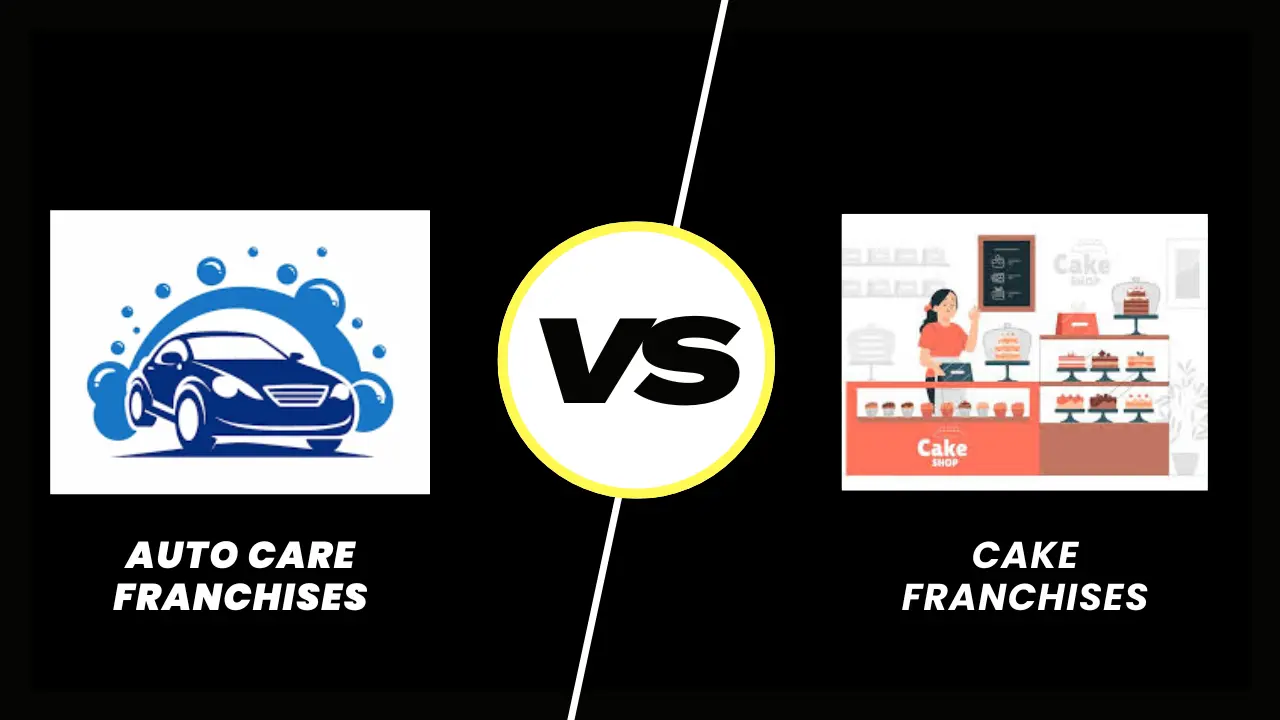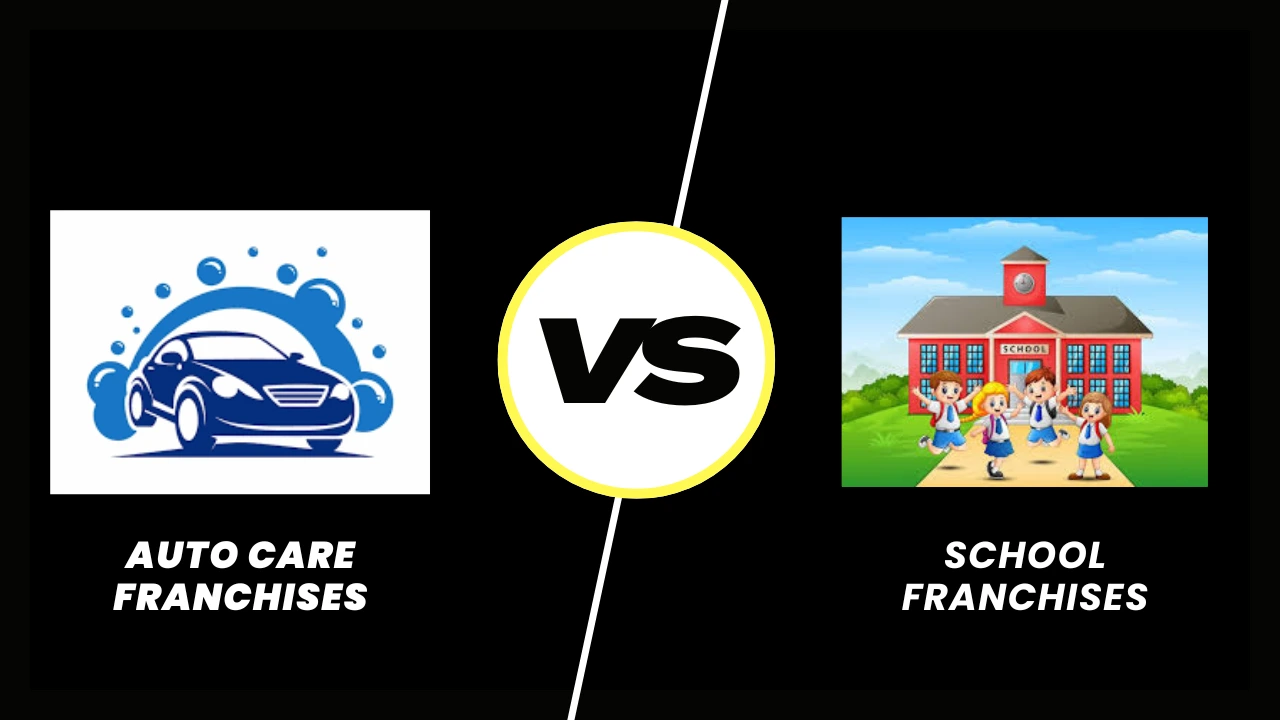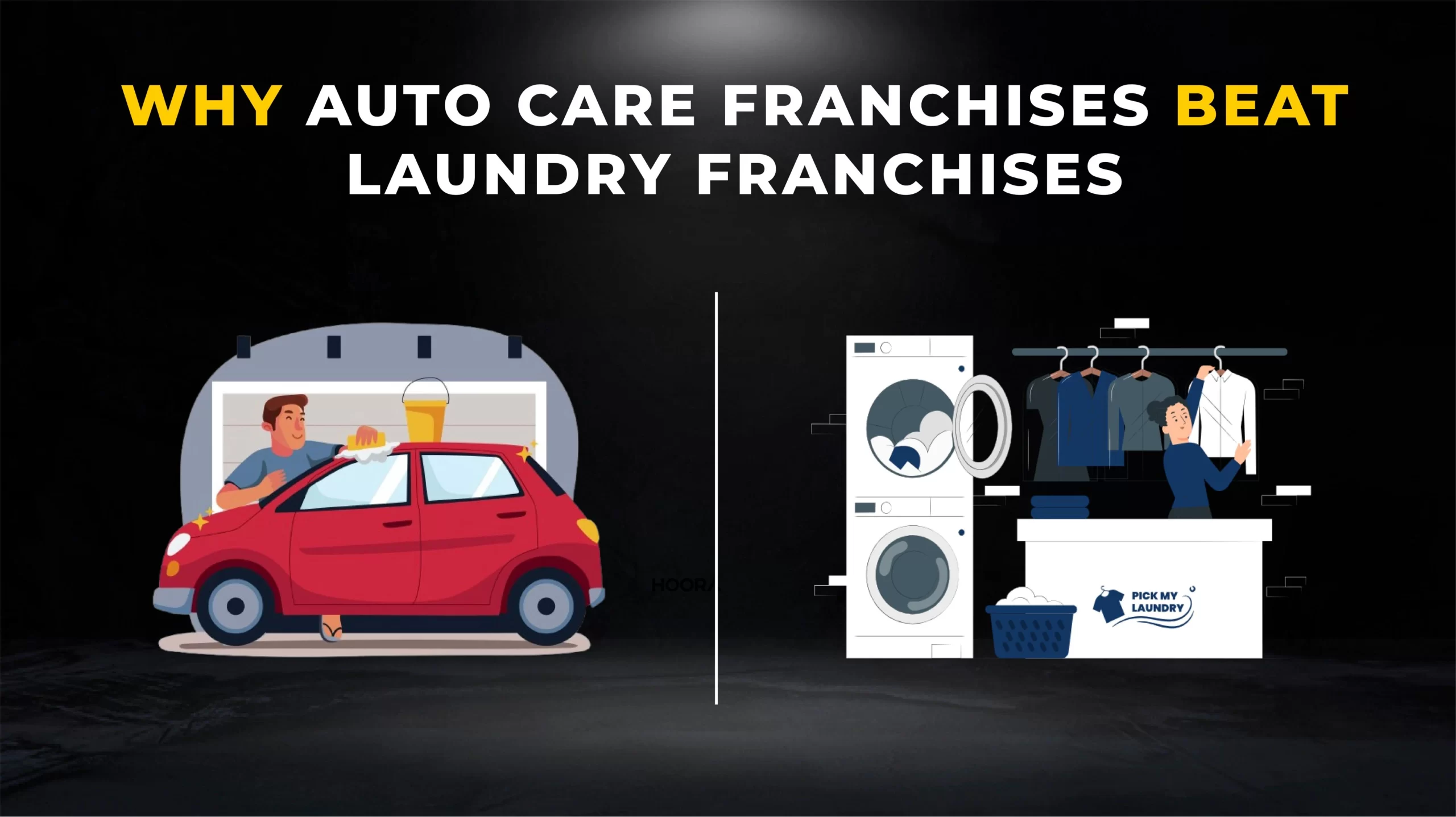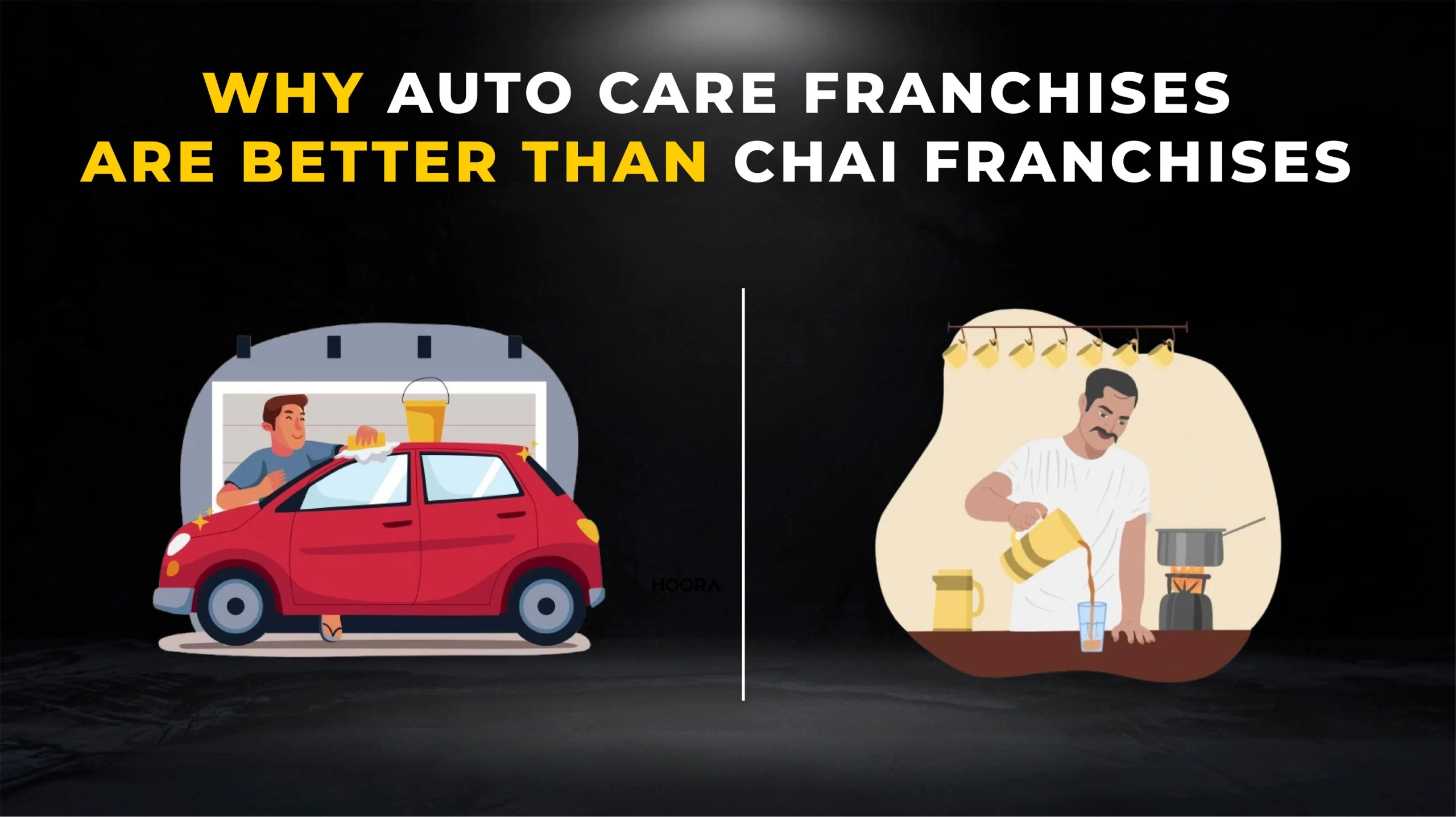The aggregation model has redefined how businesses operate, making it easier for customers to access a wide range of services and products through a single platform. By acting as intermediaries between service providers and consumers, these companies offer immense scalability and flexibility. In this blog, we’ll explore some of the top companies that have effectively implemented the aggregation model and are leading their respective industries.
1. Uber
Industry: Ride-hailing
Overview: Uber is one of the pioneering companies to successfully use the aggregation model in transportation. Launched in 2009, Uber connects drivers with passengers, creating a global network without owning any vehicles or directly employing drivers.
Why Uber Stands Out:
- Global Reach: Uber operates in over 900 cities worldwide.
- Scalability: Uber expanded quickly without owning physical assets.
- Technology Integration: The app offers real-time GPS tracking and mobile payments.
2. Airbnb
Industry: Hospitality and Travel
Overview: Airbnb is a dominant player in the hospitality industry, offering travelers a wide range of accommodation options. The platform connects homeowners with travelers, allowing individuals to rent out their homes without Airbnb owning any properties.
Why Airbnb Stands Out:
- Diverse Listings: Offers everything from shared rooms to luxury villas.
- Cost-Effective: Hosts can earn money from unused spaces.
- Unique Experiences: Airbnb enables hosts to provide personalized services like cultural tours.
3. Zomato
Industry: Food Delivery
Overview: Zomato is a popular restaurant discovery and food delivery service in India. It connects restaurants with customers, providing a seamless food ordering experience.
Why Zomato Stands Out:
- Comprehensive Information: Zomato offers reviews, menus, and ratings.
- Wide Selection: A vast variety of cuisines and restaurants to choose from.
- Partnerships: Zomato has strategic collaborations to improve service quality.
4. Hoora
Industry: Doorstep Car Wash and Bike Care Services
Overview: Hoora is a fast-growing company offering doorstep car wash and bike care services through an aggregator model. Hoora connects car and bike owners with trusted service providers, delivering convenience and quality care directly to the customer’s doorstep.
Why Hoora Stands Out:
- Convenience: Customers can book services for car and bike maintenance without leaving their homes.
- Reliable Service Providers: Hoora partners with vetted professionals to ensure high-quality service.
- Cost-Effective Solutions: The platform offers competitive pricing, making it affordable for regular maintenance.
5. OYO Rooms
Industry: Hospitality
Overview: OYO Rooms is a budget hotel aggregator that provides standardized accommodation at affordable rates. By partnering with independent hotels, OYO ensures a consistent guest experience across its network.
Why OYO Stands Out:
- Affordability: Offers standardized, quality accommodations at reasonable rates.
- Wide Network: OYO operates in over 800 cities globally.
- Consistency: Ensures a uniform experience across partner hotels.
6. Swiggy
Industry: Food Delivery
Overview: Swiggy is one of the leading food delivery platforms in India, offering a seamless connection between customers and restaurants. It doesn’t own the restaurants but facilitates delivery through its platform.
Why Swiggy Stands Out:
- Fast Delivery: Swiggy is known for its efficient delivery services.
- Widespread Reach: Operates in more than 500 cities across India.
- Expansion: Swiggy has expanded into grocery delivery through Swiggy Instamart.
7. Practo
Industry: Healthcare
Overview: Practo is a healthcare platform that connects patients with doctors, clinics, and hospitals. It also offers online consultations and medicine delivery, acting as a one-stop shop for healthcare needs.
Why Practo Stands Out:
- Comprehensive Services: Offers everything from doctor appointments to diagnostic tests.
- Telemedicine Options: Practo expanded into online consultations, which gained popularity during the pandemic.
- Verified Healthcare Providers: Practo ensures that patients get connected to trusted and qualified doctors.
8. Ola
Industry: Ride-hailing
Overview: Ola is one of India’s largest ride-hailing services, connecting passengers with drivers. Like Uber, it uses the aggregation model to offer transportation services without owning vehicles.
Why Ola Stands Out:
- Localized Services: Ola offers various options like auto-rickshaws and bike taxis to cater to the Indian market.
- Multiple Business Verticals: In addition to ride-hailing, Ola has ventured into food delivery and electric vehicle services.
- Strong Market Presence: Ola maintains a dominant position in India’s transportation sector.
9. Flipkart
Industry: E-commerce
Overview: Flipkart, though primarily an e-commerce giant, operates on an aggregation model by connecting sellers with buyers on its platform. It does not own the inventory but provides a marketplace for vendors to reach customers.
Why Flipkart Stands Out:
- Extensive Seller Base: Flipkart hosts millions of sellers offering a wide range of products.
- Robust Logistics Network: Ensures timely deliveries and efficient service.
- Customer-Oriented Policies: Known for customer-friendly return and refund processes.
Conclusion
The aggregation model continues to reshape industries, offering businesses a scalable and flexible way to connect with customers. Companies like Uber, Airbnb, Zomato, OYO, Hoora, and Swiggy have successfully implemented this model, providing value to both service providers and consumers. As more industries adopt this approach, the aggregation model will likely continue to drive innovation and growth in the global marketplace.






